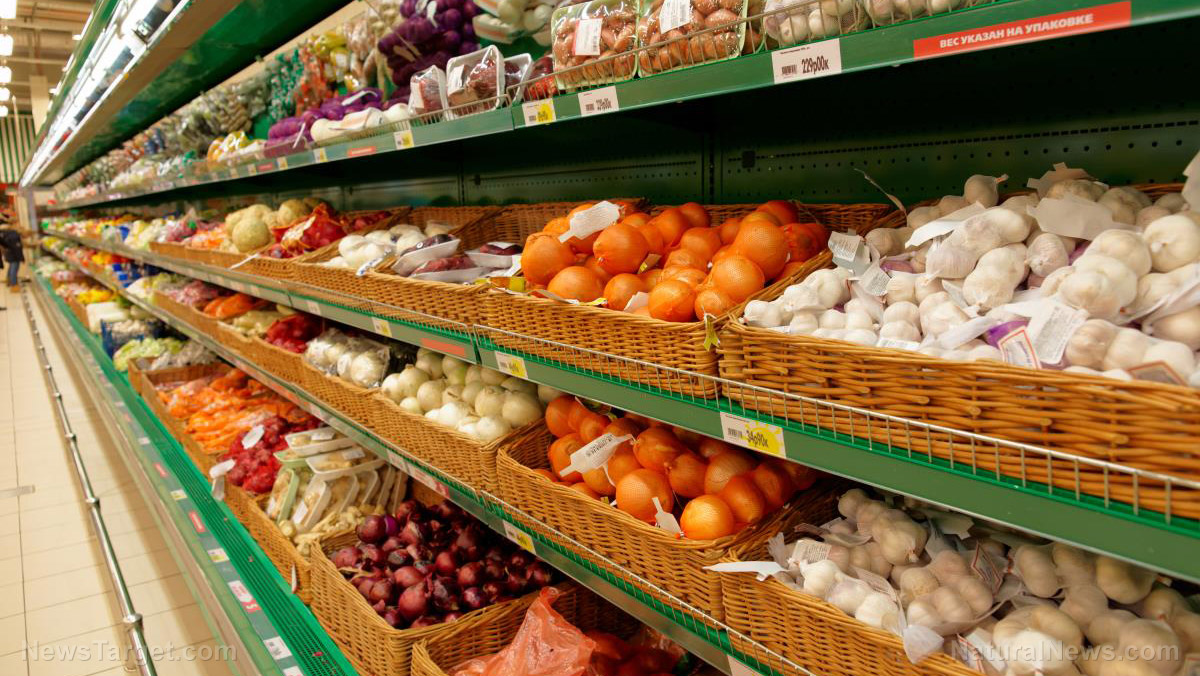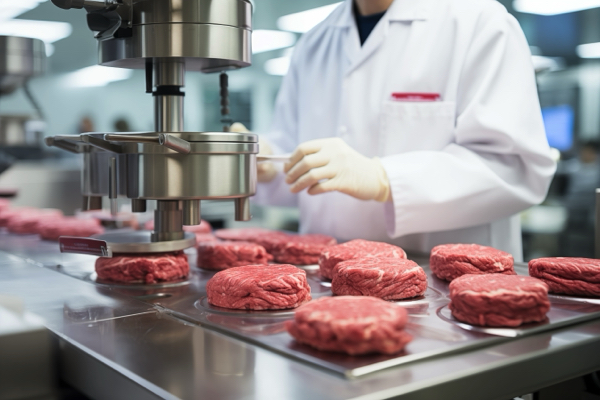
- The modern food system faces two critical issues: Massive waste of fresh produce and the dominance of nutrient-deficient processed foods, harming both human health and environmental sustainability.
- Over half of fruits and vegetables in North America are discarded due to superficial standards, inefficient practices and consumer behavior, contributing to environmental damage through excessive carbon emissions.
- Soil depletion and industrial farming have significantly reduced the micronutrient content of fresh produce, while processed foods, lacking essential nutrients, contribute to chronic illnesses and pharmaceutical dependency.
- The food and healthcare industries prioritize profits over health, but figures like Robert F. Kennedy Jr. are pushing for transparency and systemic change to break this cycle.
- Innovative approaches like powdered foods from wasted produce and nutrition education in schools can reduce waste, promote nutrient-dense diets and empower healthier choices for future generations.
In a world where hunger and malnutrition persist, the staggering waste of edible food and the proliferation of nutrient-deficient processed foods represent a dual crisis that threatens both human health and environmental sustainability.
The Health Ranger Mike Adams and entrepreneur Reno Rolle discussed the two issues in a recent episode of the "Health Ranger Report." The duo shed light on the systemic failures of the modern food industry and the urgent need for change.
One of the most glaring issues in the food supply chain is the massive waste of fresh produce. Rolle highlighted the unsustainable practices of industrial farming, food processing and distribution, which result in more than 50 percent of fruits and vegetables cultivated in North America being discarded. The reasons for this waste are often superficial: Produce that is deemed "not pretty enough" is rejected, left to rot in transit or thrown away by consumers.
This waste is not just a moral failing; it has significant environmental consequences. Fresh produce is transported around the world in refrigerated containers, leaving a massive carbon footprint. Rolle emphasized the need for sustainability and efficiency, suggesting innovative solutions like powdered foods made from high-quality, concentrated nutrition. By drying and powdering produce that would otherwise be wasted, nutrient-dense food options can be made and food waste reduced.
While fresh produce is wasted, processed foods – often devoid of essential nutrients – have become the staple diet for many. Adams pointed out that the nutritional value of fruits and vegetables has declined significantly over the decades. For example, green beans today contain only a fraction of the micronutrients they did in the 1970s. This decline is largely due to the depletion of soils, which are stripped of essential minerals like selenium and copper and replenished only with basic fertilizers like nitrogen, phosphorus, and potassium.
Processed foods fuel Big Pharma money machine
The proliferation of processed foods aligns with the interests of Big Pharma, Adams argued. These foods, which lack the nutrients necessary for optimal health, contribute to chronic illnesses that drive demand for pharmaceutical drugs. Rolle echoed this sentiment, criticizing the corporate control of the food and healthcare industries. "It's all about the money for these corporations," he said, emphasizing the need to break free from this cycle of dependency.
Both Adams and Rolle stressed the importance of education in addressing these issues. Rolle envisioned a future where children are taught about superfoods and nutrition in schools, empowering them to make healthier choices. "These are the foods of kings," he said, referring to nutrient-dense foods that have been revered for centuries. By blending these foods with fruits and berries, they can be made delicious and accessible to a wider audience.
The two also expressed hope in the advocacy of figures like Robert F. Kennedy Jr., who has called for an end to direct-to-consumer drug advertising and greater transparency in the food and pharmaceutical industries. "If he does a fraction of what he's talking about doing, it will raise massive awareness," Rolle said. (Related: Pharmaceutical CEOs panicking over Trump victory as RFK Jr. prepares to overhaul corrupt FDA.)
The conversation between Adams and Rolle underscores the urgent need for systemic change in the way food is produced, distributed and consumed – resulting in a healthier, more equitable food system. As Rolle aptly put it, "People deserve to understand that there are alternatives." It is time to shift the narrative away from corporate profits and toward the well-being of people and the planet.
Watch the full interview between Reno Rolle and the Health Ranger Mike Adams below.
This video is from the Health Ranger Report channel on Brighteon.com.
More related stories:
Plant-based fast foods NO HEALTHIER than their regular counterparts, study reveals.
Sources include:
Please contact us for more information.




















